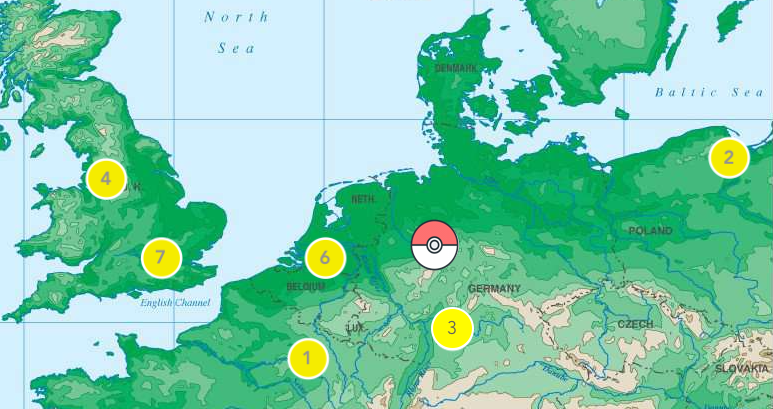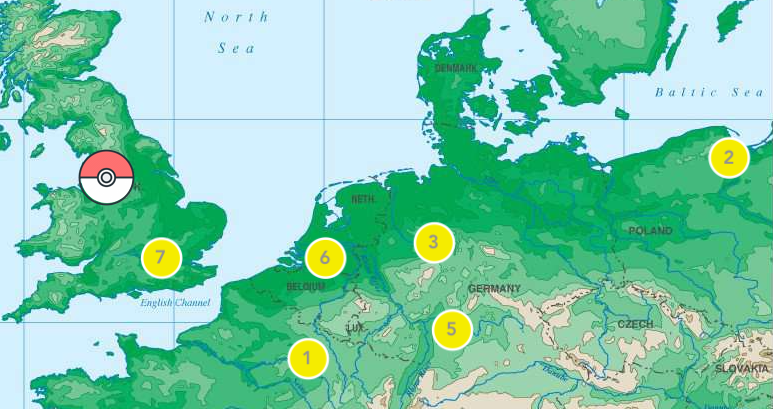On the wisdom of youth
If you missed it last week, this month I’m sharing 40 bits of wisdom I’ve cultivated in my 40 years on this here planet. This week, the first 10.
The habit of reading books is worth all the effort it takes to cultivate and nourish.
This one comes as no surprise if you've been following along for long enough. Many of my best memories from childhood took place at a public library, and as an adult nothing has helped me to stay more vital, engaged, and curious than immersing deeply into a new world or a new idea that presents itself in long form.
Don't be afraid to go to the cinema by yourself.
As an adolescent, there was frequently some weirdo arthouse movie I wanted to see and either I couldn't convince anyone to come with me, or the people I could convince had schedule conflicts. And, yes, sometimes you want to have someone to share in the moment of insight with or debrief after you see something dense and inexplicable. But, more than anything, don't let arbitrary socially constructed taboos keep you from the things that bring you joy.
The best place in the world at any given time is within an arm's length of a good book, a good friend, and a good cup of coffee.
I can trace pretty much my entire adulthood by which cafe I was frequenting and who I was frequenting it with. The three elements of coffee, friend, and book represent the importance of surrounding oneself with things that nourish the body, the soul, and the mind.
A common cause builds community. The inverse isn’t necessarily true.
I imagine this is similar to the bonds that form among soldiers, but when you spend time with people throwing yourselves into something that you all care deeply about there's an inevitability to the formation of bonds and real solidarity. Community unto itself tends to break down, because the absence of a common cause leads to self-centeredness or excessive solipsism.
Excel at hosting people in your home.
I'm all for going out, but there's a different kind of familiarity that comes from the practice of hospitality as well as a pretty concrete practice that develops empathy.
When I was like 20, I said that I didn’t care about celebrating my birthday and instead wanted to make every day 1/365th more special.
At 40, this is the clearest example I have of how compounding works. If I try to make each day that little bit more special, then each subsequent day builds on the previous one. Of course, it doesn't really play out like that cuz life - but there's something to be said for regularly trying to find the magic in the mundane.
With new hobbies or interests that require new gear, start with the most inexpensive version to test out the value and utility and upgrade as needed.
This helps you to appreciate simplicity a bit more, gives freedom to experiment with relatively low cost, and creates permission for you to acknowledge how much you don't know and how much you're learning (also, if you're me, half the time you weren't actually as committed to the new hobby as you thought and can put it down and walk away a lot easier if you're only $50 deep).
I can’t really get down with long term planning…too much changes in the course of 5-10 years.
But orienting and directing based on values goes a long way. I've just always found it helpful to think more in terms of "who do I want to continue to be" and "who do I want to become" rather than any sort of concrete goal like "Be a millionare by age 40." (And a good thing too, because that would have been a big swing and a miss.)
You can’t have a long lasting friendship that’s entirely about your ability to make each other laugh…but it’s a pretty good starting point.
I am genuinely shocked by how much longevity a good inside joke has on it. My closest friends still joke about a time over a decade ago that I doubled over in laughter and ran my forehead into the rim of a whisky glass, opening up a gash on my forehead. And you know what? It's still hilarious every time.
There's this game of life that has all of these implicit rules and objectives. Seeking to make those rules explicit allows you to figure out if you want to play the game that way.
If not, there are other ways you can play the game. At the end of the day, you're going to end up playing a game; the only rule question is how much you have defined the game for yourself.






Member discussion